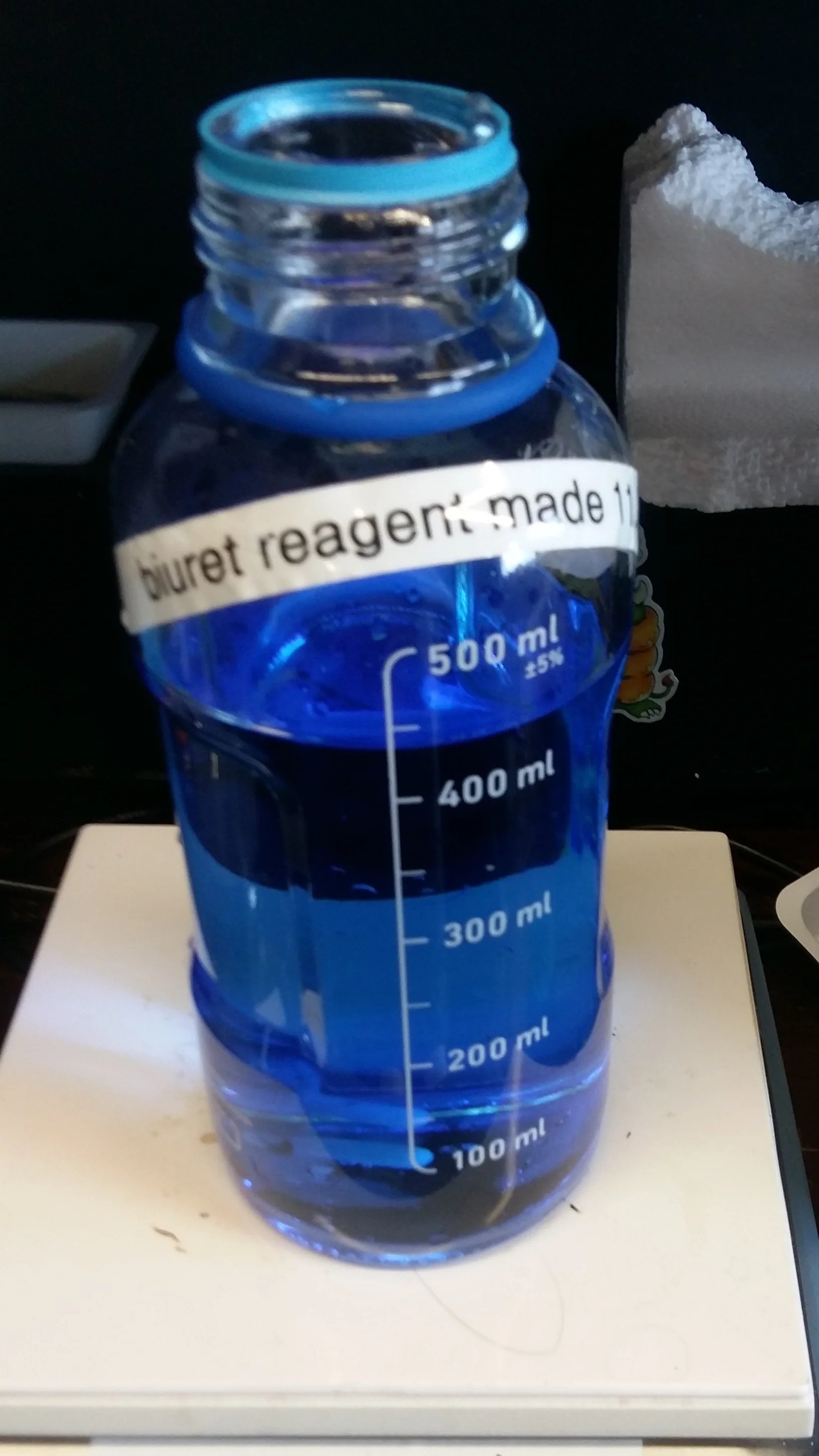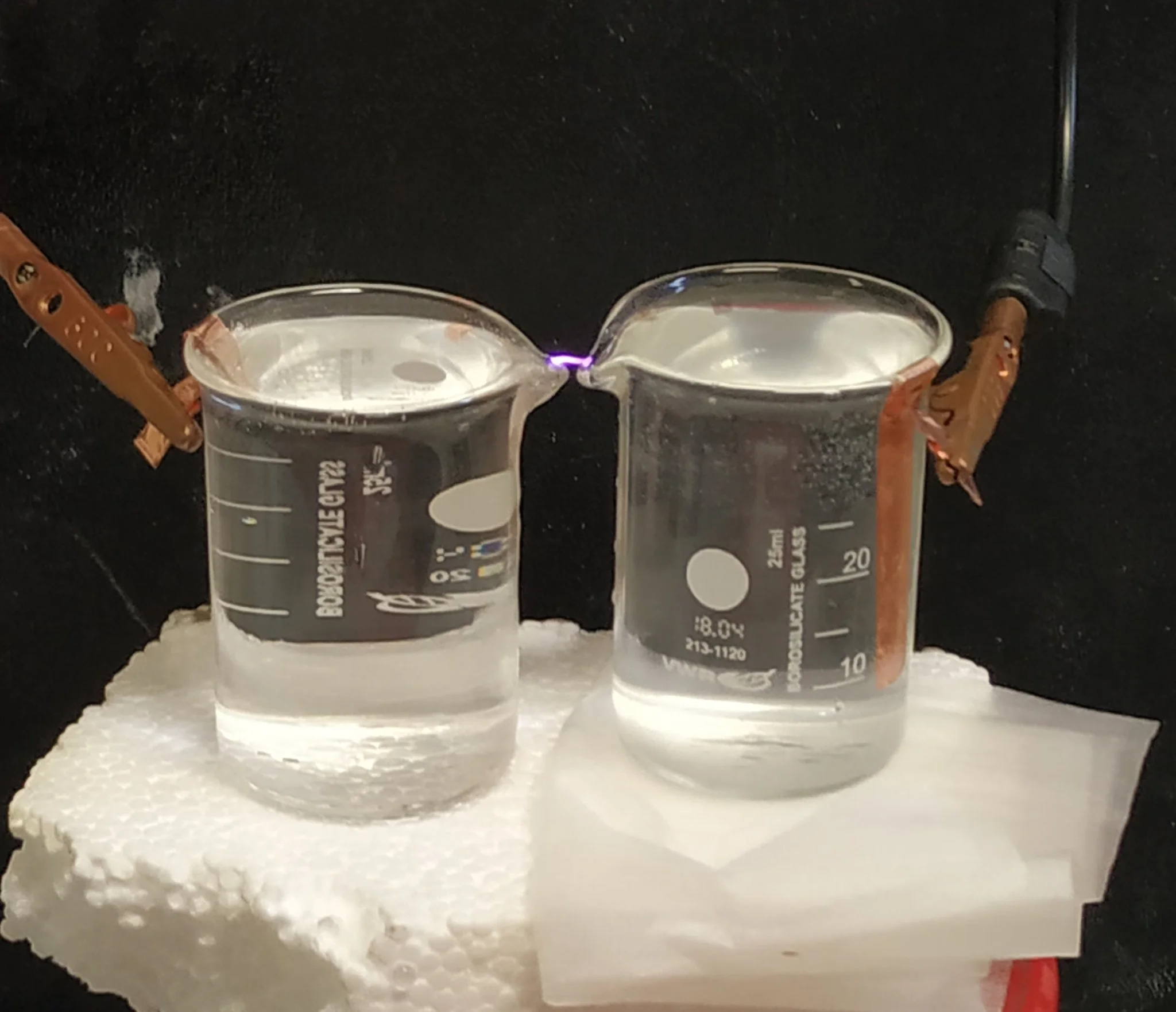Electrochemical Reduction of Carbon Dioxide into Useful Fuel. Can we extract carbon products from seawater with low-power electroylsis?
Time and tide wait for no one. CO2 will keep rising until we do something about it, like it or not. Ocean acidification is the ugly evil twin to increased greenhouse gas emission, every bit as dangerous to our survival as a species.
CO2 extraction from seawater is a horrendously overlooked part of the fight, especially in terms of of academic research focus - mostly because it’s sexier and easier to pull it out of the atmosphere with shitty amines. The amine approaches are unlikely to pull gigatonnes out of the atmosphere without costing billions in raw product, however they may still be useful for fuel and food production. There's no feasible — let alone economical — way to pull CO2 directly out of the air - yet. Carbon Engineering and Climeworks and similar companies are giving it a bash regardless, and with luck they will be profitable.
The minor problem with sucking CO2 out of the air is what to do with it once you’ve got it.
We aren’t sucking it out at anything more than the proverbial drop in the ocean for it to a major problem, but this is still a problem coming down the tracks.
Carbon Engineering aim to build plants that can extract 1 million tons of CO2 per year, and convert it into fuel
Of the three places where carbon is stored—the atmosphere, the oceans, and the terrestrial biosphere —approximately 93 percent of the CO2 is found in the oceans [1]. Because it helpfully washes in and out on our shores routinely on the gigatonne scale, it’s likely a good place to begin thinking about capturing the aqeous C02 - known as carbonic acid.
When CO2 is released into the atmosphere from the burning of fossil fuels, approximately 50% remains in the atmosphere, while 25% is absorbed by land plants and trees, and the other 25% is absorbed into certain areas of the ocean [2]. This is why you might think to go for the atmosphere - but the oceans actually represent a much larger carbon sink.
Ocean acidification (the lowering of the average pH) reduces the amount of carbonates present in the water. This is problematic for many marine organisms, such as coral and some plankton, as they use the minerals to form their shells and skeletons, and existing shells may begin to dissolve [4].
https://en.wikipedia.org/wiki/Seawater
note seawater weighs approx 1.024 gram per cubic centimetre, it’s slightly denser than freshwater
https://en.wikipedia.org/wiki/Bjerrum_plot
note the sclae is log - small pH changes make a HUGE difference to the species available to the seawater.
The Bjerrum plot is worth knowing about!
[1] http://www.waterencyclopedia.com/Bi-Ca/Carbon-Dioxide-in-the-Ocean-and-Atmosphere.html









